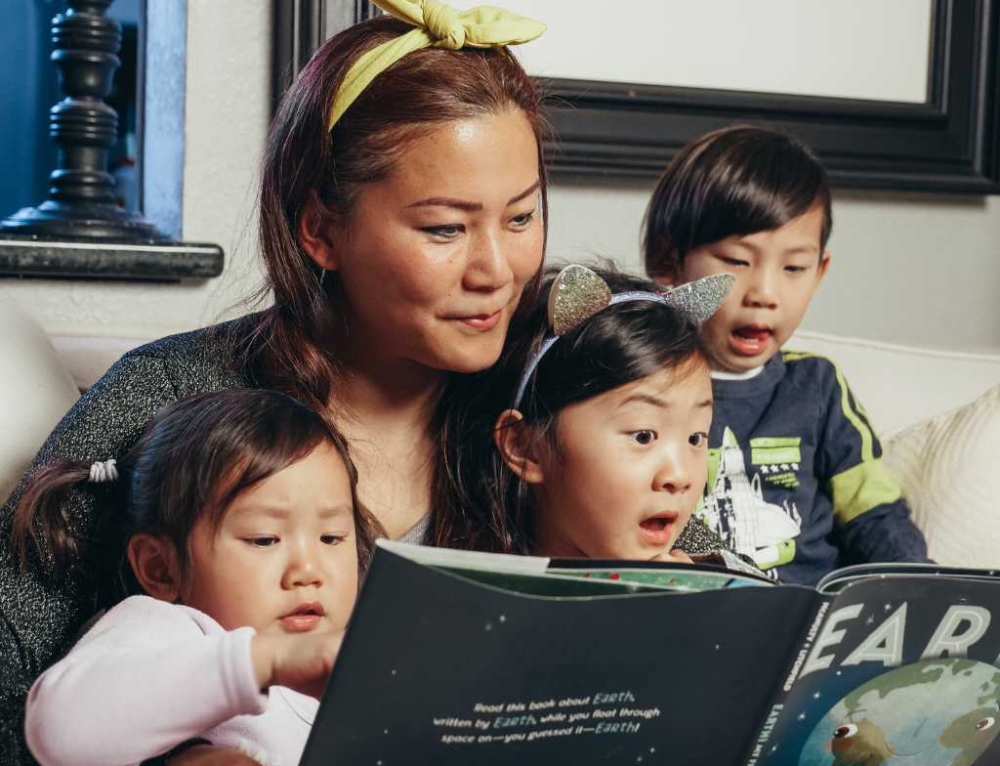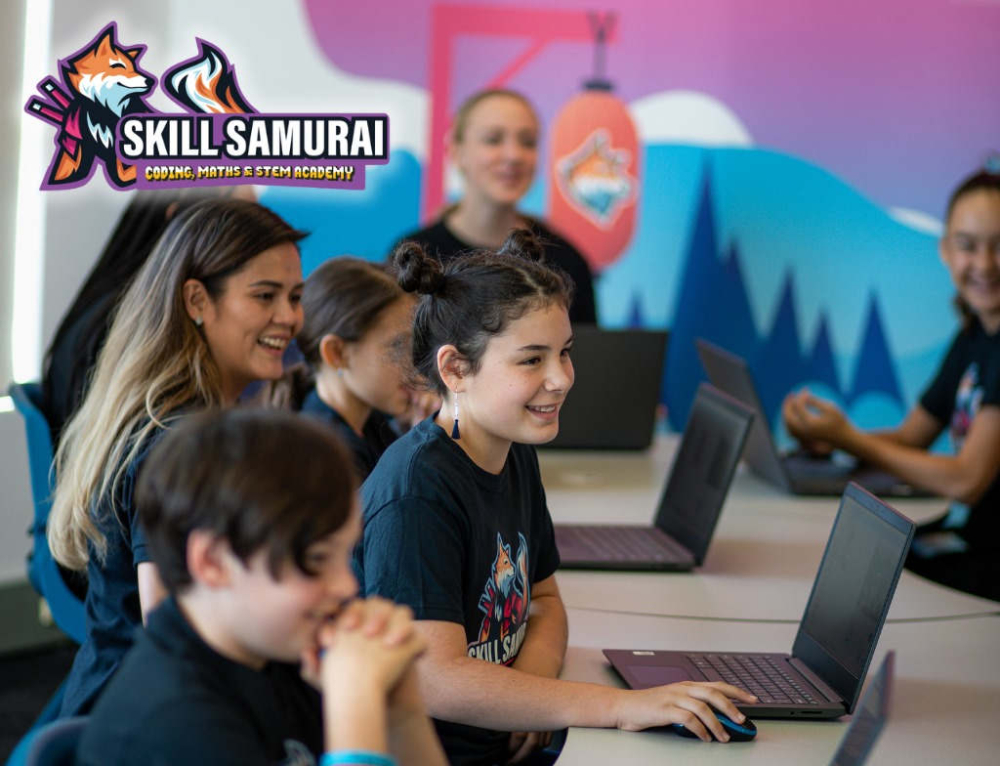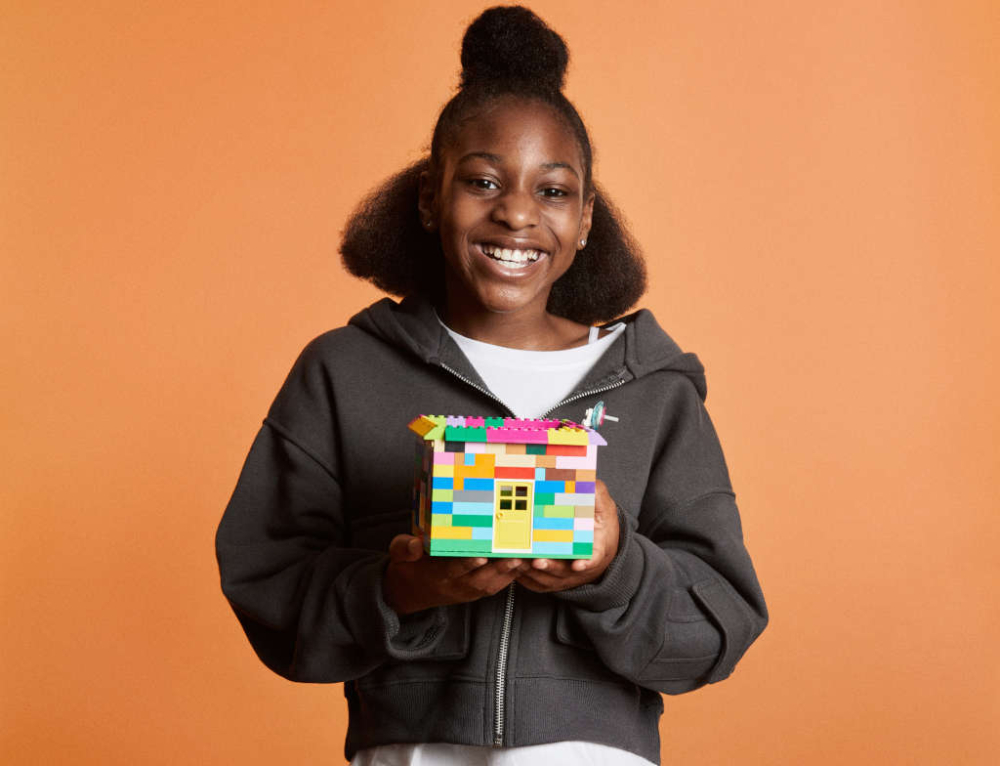This stage of development welcomes the move from a fascination with their personal world to an exploration of germs to galaxies and everything in between. Children of this age commonly develop an interest in science fiction and particularly enjoy excursions which allow them the opportunity to escape their local environment and test predictions in new settings.
Children learn at an individual pace, in their own time. At this developmental age sees a step up in scientific concepts, 9-10 year olds will be attempting to develop several skills.
Analytical thinking is developing
Children at this age still find it difficult to comprehend abstract concepts yet they have progressed from simple categorising to comparing and classifying objects. Children are able to compare by looking at more than one feature and as their confidence grows they will progress to non-living items. As their vocabulary develops their ability to analyse situations will improve. Examples of this are that children will still express confusion as to whether a seed is living or non-living or if leaves on trees are alive.
Reflect on their experiments
Now that children can follow a simple series of steps for an experiment and report on the results they need to be reminded to reflect or think back on the investigation carried out. Children at this age should be able to identify difficulties they experienced and suggest improvements for future experiments. Opportunities should be given to allow students to test revised hypothesises.
Learn about abstract concepts
Children begin to learn about concepts such as energy in this developmental period. They are asked to identify different sources such as electrical, solar, light and heat and to think about why energy can be found in different forms.
Able to apply knowledge
At this stage children not only learn scientific concepts but they begin to apply their knowledge to tasks. An example is a child who is able to use their knowledge of how animals adapt to habitats and how human needs are met on Earth, to make a prediction about life on another planet and explain what items they believe scientists would need in their space ship when exploring.
Refined observational skills
Children at this age are noticing greater details, making simple notes and interpreting increasingly complex diagrams. They are taking increasingly accurate measurements with tools. Children who have been encouraged to explain their thinking during earlier stages of development now begin to justify their thinking process using their observations.
Improved understanding of different kinds of the Earth’s materials
While children will still carry out scientific investigations with plants, children will learn that there are different areas of science. Children begin to learn about the Earth’s natural materials as it combines more abstract thought with the ability to still perform hands on experiments. Geology (the study of rocks and crystals) is appealing to children at this age and children will be able to identify different rocks and minerals as well as plan a scratch test to see which rocks are hardest.
Understand the concept of sound
Children at this age also learn about sounds and how musical instruments produce sounds. Linking scientific skills with the Creative Arts allows students to make connections with new ideas. Students are able to apply their knowledge to design new instruments as well as understand how our ear and brain process sounds. Sound is a great introduction to further scientific concepts that involve the study of processes which the child cannot see.
Important
Now that children have learnt several scientific skills and their development has improved they are keen to try them out with a range of concepts. At this age a child’s spatial skills are improving, as are their numeracy skills and these combine to allow children to pose more complex questions, as well as support their problem solving.







Leave A Comment
You must be logged in to post a comment.